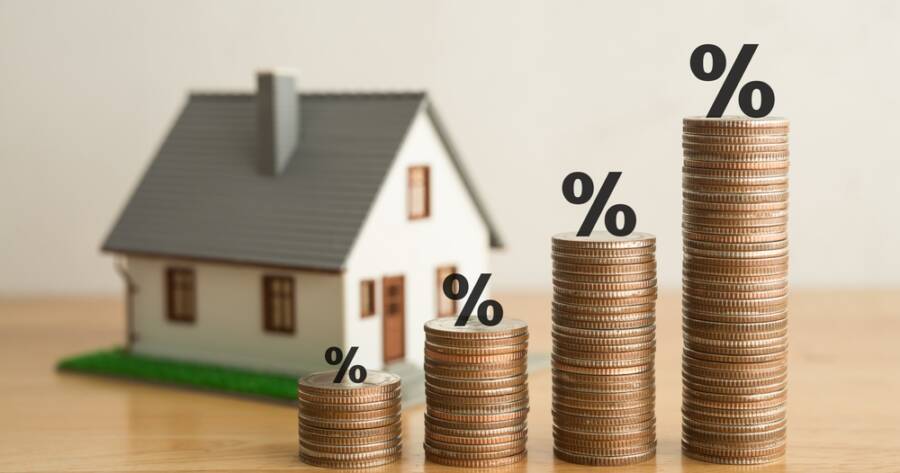Reverse mortgage loans are financial products designed to help older homeowners access the equity in their homes without selling the property or making monthly mortgage payments. While these loans could provide much-needed financial relief for retirees, they may not be the right choice for everyone. By understanding how reverse mortgages work, their benefits, and potential drawbacks, homeowners can make informed decisions about whether this option suits their needs.
What Is a Reverse Mortgage Loan?
A reverse mortgage is a type of loan available to homeowners, typically aged 62 or older, that allows them to convert part of their home’s equity into cash. Unlike traditional mortgages, the borrower doesn’t make monthly payments to the lender. Instead, the loan balance, including interest and fees, accrues over time and is usually repaid when the homeowner sells the property, moves out permanently, or passes away.
In the U.S., the most common type of reverse mortgage is a Home Equity Conversion Mortgage (HECM), which is insured by the Federal Housing Administration (FHA). However, private lenders might offer proprietary reverse mortgage products with different terms and eligibility criteria.
What Are the Potential Benefits?
For some homeowners, reverse mortgages could provide significant financial advantages:
- Supplementing Retirement Income
A reverse mortgage might help retirees cover living expenses, medical bills, or home improvements. This could be particularly beneficial for those who have limited savings or fixed incomes. - No Monthly Payments
Since there are no monthly loan payments required, reverse mortgages could ease the financial burden for homeowners struggling to manage traditional mortgage payments. However, borrowers must still pay property taxes, homeowners insurance, and maintenance costs. - Flexible Payment Options
Borrowers might receive the loan proceeds as a lump sum, monthly payments, a line of credit, or a combination of these options. This flexibility could allow homeowners to tailor the loan to their specific financial needs. - Non-Recourse Loan
Reverse mortgages are typically non-recourse loans, meaning the borrower or their heirs will never owe more than the home’s value at the time of sale, even if the loan balance exceeds that amount.
What Are the Potential Risks?
While reverse mortgages could offer financial relief, they also come with potential downsides that homeowners should consider:
- Accumulating Debt
As interest and fees accrue, the loan balance might grow significantly over time, reducing the homeowner’s equity. This could leave less inheritance for heirs or limit options for future financial needs. - Eligibility Requirements
Not all homeowners might qualify for a reverse mortgage. Factors such as age, home equity, and compliance with property maintenance requirements could impact eligibility. - Impact on Heirs
If heirs wish to keep the home, they might need to pay off the reverse mortgage loan, which could be challenging depending on the loan balance and the property’s value. - Costs and Fees
Reverse mortgages often come with high upfront costs, including origination fees, mortgage insurance, and closing costs. These expenses could offset the benefits for some borrowers.
Who Might Consider a Reverse Mortgage?
Reverse mortgages could be a viable option for older homeowners who plan to stay in their homes long-term and need supplemental income. However, those considering this option should carefully weigh the costs, benefits, and potential impact on their estate. Consulting with a financial advisor or HUD-approved housing counselor might provide valuable insights into whether a reverse mortgage aligns with their financial goals.
Learn More
A reverse mortgage loan could provide a financial lifeline for eligible homeowners, offering access to home equity without requiring monthly payments. However, the decision to pursue this option should be made cautiously, considering the potential risks and long-term implications. By understanding the conditions and seeking professional advice, homeowners might determine whether a reverse mortgage is the right solution for their retirement needs.
